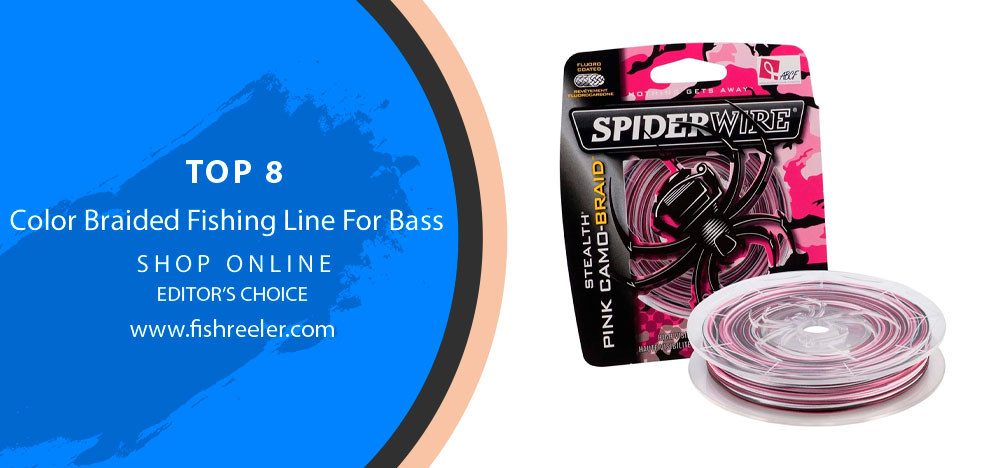
Revolutionizing Bass Fishing: A Deep Dive into Color Braided Fishing Lines
Ever since I cast my first line as a young kid, I was hooked—hooked on the excitement, the anticipation, and the serene beauty that fishing embodies. Over the years, my passion for fishing has grown deeper and taken me to uncharted waters, with each cast revealing something new and transformative. And among these transformative experiences was my first encounter with color braided fishing lines, particularly for bass. 🐟
🎣 Fishing Lines of Passion: Unraveling the Wonders of Color Braided Lines
Color braided fishing line, though a relatively new entrant in the fishing gear arsenal, has taken the world of bass fishing by storm. It is the secret weapon that is revolutionizing our approach to this beloved pastime, and I am thrilled to take you on a deep dive into its wonders.
But what makes color braided fishing line such a game-changer? Here are some key benefits:
- Strength and Durability: 💪 Color braided lines are significantly more durable and robust than their monofilament or fluorocarbon counterparts. This feature makes them ideal for hauling in those aggressive bass without the worry of snapping lines.
- Visibility: 👀 Ever lost sight of your line on a sunny day or in murky waters? Well, the vibrantly colored braided lines enhance visibility, allowing you to track your line and notice even the subtlest strikes.
- Sensitivity: 🎯 These lines offer zero stretch, which increases your line sensitivity. This way, you can feel the slightest nibble and improve your chances of a successful hook set.
- Longer Casts: 🚀 Thanks to their slim diameter, color braided lines cut through the air and water with less resistance, enabling longer and more accurate casts.
🔶Stay tuned as we explore the evolution, science, and optimal use of color braided fishing lines, and how they can up your bass fishing game. Get ready for an exhilarating journey into the heart of modern bass fishing! 🚀🐟💪
The Evolution of Fishing Lines: From Simplicity to Sophistication
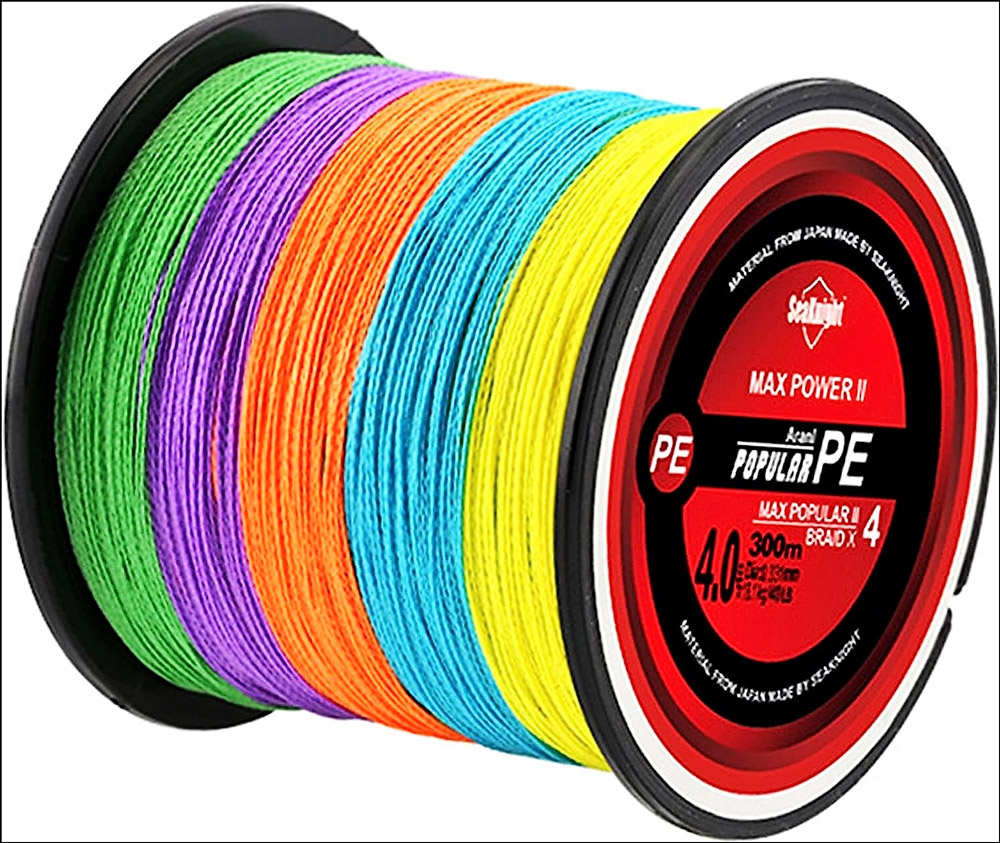
The fishing line, much like the art of fishing itself, has come a long way. The timeline of fishing lines 🕰️ tells an intriguing tale of innovation and adaptation, underlining humanity’s relentless quest to better the fishing experience.
In the early days, fishing lines were simple constructs made from woven plant fibers, silk, or horsehair. These lines served their purpose well enough, but lacked strength, durability, and sensitivity.
Then came the monofilament lines in the mid-20th century, a breakthrough product that was lighter, cheaper, and more resilient than its predecessors. Despite its benefits, it was not without drawbacks such as line memory and limited sensitivity.
Enter the fluorocarbon lines in the late 1970s. With its near invisibility in water, improved strength, and resistance to UV light, it quickly became a favorite amongst anglers. But its higher cost and reduced flexibility meant it was not a complete solution.
Fast forward to the 21st century, a bold and vibrant solution was born—color braided fishing lines. 🎉 It was the answer to the growing demands of anglers for a line that was stronger, more visible, and highly sensitive.
Braided lines have been a part of the fishing world for a while, but the advent of color braided lines brought about a revolution in the fishing community. Made from modern, super-strong synthetic materials like Spectra or Dyneema, these lines are braided together, providing an unparalleled combination of strength and sensitivity.
Their colorful exterior isn’t just for show. The bright hues increase visibility, allowing anglers to track their lines more effectively in various lighting and water conditions. Color braided lines have also opened up new possibilities for strategic fishing, with the choice of line color now playing a role in attracting specific fish species. 🎨🐟
🔶From humble beginnings to technologically advanced solutions, fishing lines have indeed undergone a fascinating evolution. The color braided lines, in particular, have not just changed how we fish, but also how we perceive the sport. The future of fishing looks bright, and undoubtedly, colorful! 🌈🎣
Color Braided Lines: A Spectacle of Science and Fishing Innovation 🎣💡
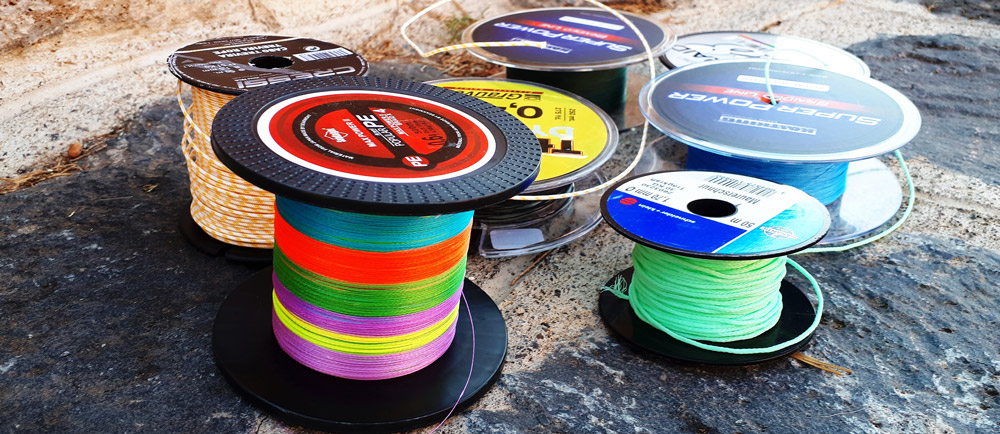
Peek behind the vibrant exterior of the color braided fishing lines, and you’ll find an intricate blend of engineering and innovation. So, what’s the science that gives these lines their incredible properties? Let’s delve in.
The Creation Process: From Fiber to Fishing Line 🧵🎣
Color braided lines are made from ultra-high-molecular-weight polyethylene (UHMWPE) fibers such as Spectra or Dyneema. These materials are known for their high strength-to-weight ratio, making them up to 15 times stronger than steel on a weight for weight basis!
The process begins with the spinning of these fibers, which are then braided together to form a line. The braiding not only contributes to the line’s strength but also reduces the line’s stretch, increasing its sensitivity.
Next comes the coloring process. The lines are dyed with vibrant, UV-resistant colors that significantly enhance their visibility. The result? An incredibly strong, sensitive, and highly visible fishing line that’s set to transform your fishing experience.
The Science of Effectiveness: Strength, Sensitivity, and Visibility 💪🎯👀
The effectiveness of color braided lines can be attributed to their unique properties:
- Strength: The UHMWPE fibers provide superior strength, allowing you to wrestle with the toughest of bass without worrying about line breaks.
- Sensitivity: The braided construction reduces line stretch, enabling you to feel even the faintest nibble and set your hook with precision.
- Visibility: The vivid colors enhance line visibility, so you can easily track your line’s movement and detect strikes faster.
Personal Experiences: Color Braided Lines in Action 📖🎣
Throughout my fishing adventures, color braided lines have proven to be a game-changer. I remember a particularly cloudy day, with the water reflecting the overcast skies, making it hard to spot my line. Switching to a bright yellow braided line made all the difference. Not only was I able to spot my line easily, but I also detected subtle line movements that I would have otherwise missed.
In another instance, while fishing in dense vegetation, the superior strength of my green braided line allowed me to pull a stubborn bass out of the weeds without snapping.
🔶These personal experiences reinforce the science behind color braided lines and serve as a testament to their effectiveness. It’s not just about catching more fish; it’s about enjoying the process even more, and color braided lines certainly help in that regard! 🌈🐟
🎦Video YouTube: Best Braided Fishing Line Color | Bright vs. Natural
Best Color Braided Fishing Line For Bass Review
Ever found yourself scratching your head, trying to decipher the puzzle of choosing the perfect color braided fishing line for bass? Well, you’re in good company! Even the most seasoned anglers can sometimes find themselves in a sea of confusion when it comes to deciding on the ideal line for a specific fishing scenario. With a myriad of options floating around in the market, picking the right one for you can seem like a daunting task.
In this section of our article, we’ll navigate the vast waters of some of the highest-rated color braided fishing lines available in today’s market. We’ll throw in some handy pointers on how to reel in the perfect line for your fishing escapades and toss a few suggestions your way to kickstart your journey. So, if you’ve been angling for some expert advice on selecting the best color braided fishing line for bass, keep your eyes on this page as we dive deeper into the subject!
🔶Remember, as a professional fisherman, my aim is to share my knowledge and help you hone your fishing skills. So let’s cut through the confusion together and get you ready for your next big catch!
1# Berkley Prospec Metered Braid
Looking for a line that can handle the big game? Look no further than Berkley Prospec 20′ Metered Braid. This premium braided line is designed for saltwater trolling, and can easily stand up to the biggest fish out there. The metered design makes it quick and easy to reference, while the 5 colours per 100′ of the line enable precision bait placement. And because it’s nearly impossible to stretch, you can be sure that your line will always be where you need it. So put Berkley Prospec 20′ Metered Braid to the test on your next fishing adventure – you won’t be disappointed.
2# Nomad Design Panderra Braid
Check the Nomad Design Panderra Braid. Made from Japanese polyethene fibre and featuring our exclusive MicroWeave braiding technology, this line is perfect for trolling, casting, or jigging. The hydroslick coating makes it soft and supple, while the colour changes every 10 meters making it easy to gauge line out or depth. Whether you’re an experienced angler or just starting out, the Panderra Braid is the perfect choice for all your fishing needs.
3# TUF-Line MicroLead Leadcore Fishing Line
Are you looking for a leadcore fishing line that offers incredible trolling performance and unbeatable strength? Look no further than Tuf-Line MicroLead. This line is 30% smaller in diameter than standard leadcore, but features the same sink rate. The Spectra fibre braid outer layer makes it 3 times stronger than other lines on the market. Plus, the reduced drag provides truer crankbait dive curves. Add this line to your tackle box and see the difference it makes on your next fishing trip!
4# SpiderWire Stealth Braid Fishing Line
Have a look at the Spiderware Stealth Braid Fishing Line. This line features pink camouflage for maximum visibility in all water conditions, so you can be sure to catch those pesky fish. Color-lock technology resists light, meaning your line will be just as visible at night as it is during the day. And because it’s ultra-sensitive, you’ll be able to detect even the smallest bites. Plus, it’s whisper-quiet, so you can sneak up on your prey for a successful attack. Best of all, supporters of the American Cancer Foundation will love this product because a portion of the proceeds goes to support their important work.
5# alkpoper 1000M Super Strong Braided Fishing Line
Alkoper 1000m Super Strong Fishing Line is the perfect choice for serious anglers. It’s lightweight and resistant to water absorption, with a thin diameter that offers precise moulding. Plus, it’s ultra-powerful with high energy, making it ideal for catching big fish. And its superior abrasion resistance ensures that your line will stay strong even when battling against the strongest opponents. Rugged and rounded to avoid digging into the reel, Alkoper 1000m Super Strong Fishing Line is simply the best choice for anyone looking to reel in a big one.
6# Daiwa J-Braid 1500M Woven Round Braid Line
The Daiwa J-Braid 1500m Woven Round Braid Line is a high quality, 8 plaits braided line that is made from the finest materials in Japan. This tightly woven line has a perfectly round profile that provides exceptional strength and sensitivity. The J-Braid is one of the best quality and values braided lines on the market today.
7# LIZHOUMIL Fishing line Super tensile Color Braided line
Welcome to the LIZHOUMIL Fishing line Super Tensile Color Braided Line. Our fishing line is made of high-quality materials that are strong and weather resistant. This line is also excellent for cutting through the water, making it the perfect choice for any fishing enthusiast. With a variety of sizes to choose from, we are confident that you will find the perfect fit for your needs. Thanks for choosing the LIZHOUMIL Fishing line Super Tensile Color Braided Line!
8# VARIVAS HighGrade PE x8 Marking Type II
Varivas Highgrade PE X8 Marking Type II is the perfect choice for anglers who demand the very best. This 8-braided polyethene line is designed for both saltwater and freshwater fishing and features a fluoride SP-F coating that provides exceptional casting ability and durability. The highly visible 5-colour marking system makes it easy to cast with confidence, while the 150 m and 200 m spools provide plenty of length for any outing.
Strength, Visibility, Distance: The Triumphant Trio of Color Braided Fishing Lines 💪👀🚀
Color braided fishing lines have breathed new life into the world of angling. Their appeal stretches beyond their vibrant appearance, offering distinct advantages that give anglers an upper hand in their bass fishing endeavors. Let’s delve into these benefits and compare them with the traditional monofilament and fluorocarbon lines.
Strength Like No Other 🏋️
Color braided fishing lines, made from super-strong UHMWPE fibers, offer unparalleled tensile strength. This means they can handle the weight of hefty bass and withstand abrasive conditions better than monofilament or fluorocarbon lines. So whether you’re dealing with a feisty bass or fishing in rough terrains, you can rely on your color braided line to hold its ground.
Enhanced Visibility 👁️
Thanks to their vibrant hues, color braided lines are a boon in terms of visibility. Be it a bright sunny day or an overcast one, these lines stand out, allowing you to track your line’s movement more accurately. This feature gives them an edge over the relatively inconspicuous monofilament and fluorocarbon lines, making bite detection easier and your fishing experience more rewarding.
Long-distance Casting 🚀
Color braided lines have a thinner diameter than their monofilament and fluorocarbon counterparts of the same strength. This slim profile, coupled with their lighter weight, allows them to cut through the air and water with less resistance. The result? Longer, more accurate casts that put you right in the middle of bass action.
Superior Sensitivity 🎯
One of the standout features of color braided lines is their minimal stretch, which translates into high sensitivity. This allows you to feel even the slightest nibble, giving you the best chance of a successful hook set. In contrast, the stretchy nature of monofilament lines can result in missed bites, while fluorocarbon, though less stretchy, still doesn’t match the sensitivity of braided lines.
🔶In conclusion, color braided fishing lines excel in strength, visibility, casting distance, and sensitivity, making them a superior choice compared to monofilament and fluorocarbon lines. So the next time you plan your bass fishing adventure, add some color to your reel and watch as it amplifies your fishing experience! 🌈🎣
Bass Fishing & Color Braided Lines: A Dynamic Duo Tailor-Made for Success 🎣🏆
When it comes to bass fishing, your gear can make or break your success. One tool that has proven to be an exceptional asset is the color braided fishing line. Its characteristics make it a perfect match for bass fishing, enabling anglers to tackle various situations with confidence. Let’s explore why this is the case and share some real-world examples of successful bass catches with color braided lines.
Why Color Braided Lines are Perfect for Bass Fishing 🎯
- Versatility: Bass can be found in diverse habitats, from clear open waters to dense vegetation. Color braided lines offer the strength needed to pull fish out of heavy cover and the visibility to track line movement in clear waters.
- Sensitivity: Bass bites can range from aggressive tugs to subtle nibbles. The high sensitivity of color braided lines means you can detect these bites promptly, enhancing your hook set success.
- Casting Distance: Whether it’s casting to distant lily pads or reaching far-off schooling bass, the thin diameter and lightweight nature of color braided lines allow for longer, more precise casts.
Successful Bass Catches with Color Braided Lines: Real-world Examples 🏆🐟
- Case Study 1: During a summer fishing expedition, I ventured into a heavily vegetated area known for its largemouth bass population. Armed with a 30lb green braided line, I was able to cast my lure deep into the lily pads. When a sizable bass took the bait, the strength of the braided line allowed me to pull it out of the dense cover successfully, something I had struggled with when using monofilament lines.
- Case Study 2: On an overcast day at a clear-water lake, the reduced light made line tracking difficult. Switching to a bright yellow braided line improved my visibility immensely. I could detect even the most subtle line movements, leading to several successful hook sets and a day filled with impressive bass catches.
🔶In conclusion, color braided lines and bass fishing are a match made in angler heaven, providing the strength, visibility, and sensitivity needed for a successful and enjoyable bass fishing experience. So why not give it a try on your next fishing trip? You might just reel in the bass of your dreams! 🎣🌈🏆
Choosing the Right Color Braided Line for Bass Fishing: A Rainbow of Opportunities 🌈🎣
While color braided lines offer numerous advantages for bass fishing, choosing the right color can make a world of difference to your angling success. The color selection depends largely on factors such as water clarity, weather, and bass behavior. Here’s a guide to help you make the right choice and some personal recommendations based on my angling experiences.
Water Clarity: Clear vs Murky Waters 🌊
Clear Water: In clear water conditions, it’s best to go for colors that blend with the surroundings to avoid spooking the bass. Green is an excellent choice as it merges with the water’s natural color. Light blue can also be effective as it mimics the sky’s reflection on the water surface.
Murky or Stained Water: For murky waters or heavily vegetated areas, opt for bright colors like yellow or orange. These stand out and allow you to track your line better, ensuring you don’t miss any subtle bites.
Weather Conditions: Sunny vs Overcast ☀️☁️
Sunny Conditions: In bright sunlight, opt for darker colors like green or blue. These colors absorb light and are less visible to the bass, increasing your chances of a successful catch.
Overcast Conditions: In low light conditions or on overcast days, go for brighter colors like yellow or white. These colors offer excellent visibility, enabling you to monitor your line’s movement accurately.
Bass Behavior: Aggressive vs Passive 🐟💥
Aggressive Bass: When bass are aggressive and readily attacking lures, the line color matters less. You can experiment with different colors to see what works best.
Passive Bass: If bass are being more passive or cautious, choose natural colors like green or brown that blend into the environment and don’t alert the fish to your presence.
Personal Recommendations and Tips 🎣👍
From my experience, here are some tips that might help:
- Green braided line is a great all-around choice that works well in various conditions.
- Don’t hesitate to experiment! Sometimes, an unusual color choice can yield surprising results.
- Always consider the bass’s viewpoint. They’ll be looking up at your line against the backdrop of the sky and water surface, so choose a color that blends well with these elements.
🔶Remember, choosing the right color is just one part of the equation. Patience, skill, and an understanding of bass behavior are equally, if not more, important in ensuring a successful fishing trip. 🎣🏆
Pro Tips for Bass Fishing with Color Braided Lines: Unlocking the Secrets to Success 🎣🔐
Using color braided lines for bass fishing can open up a new world of opportunities for anglers. To help you make the most of this innovative fishing gear, I’m sharing some of my personal tips and tricks that have served me well over the years. We’ll look at everything from knot tying and rig setup to casting techniques.
Master the Art of Knot Tying 🎀
Color braided lines are slick, which makes some knots slip. Learn to tie a Palomar or Modified Albright (also known as the Alberto knot), as these hold well with braided lines. Wet your line before pulling the knot tight. This reduces friction and prevents the line from weakening due to heat generated by the knot-tightening process.
Rig Setup: Optimize for Success 🛠️
Use a leader: Braided line can be highly visible to bass in clear water. Therefore, using a fluorocarbon leader can increase your chances of success as it is nearly invisible underwater. You can use the Double Uni knot or FG knot to connect the leader to your braided line.
Match the line with the lure: Lighter lures work best with thinner lines, while heavier lures are suited to thicker lines. For bass fishing, a line in the 20-30lb test range is usually a good choice.
Casting Techniques: Aim and Conquer 🚀
Practice your casting: The lightweight and thin profile of color braided lines allow for longer casts. Practice your casting technique to leverage this advantage and reach those far-off bass hotspots.
Watch for wind: Braided lines are susceptible to wind knots. To avoid these, be mindful of the wind when casting, especially if you’re casting across or into the wind.
Line Maintenance: Longevity and Performance 💪
Regularly check your line for signs of wear and tear. Braided lines can fray or weaken over time, especially if you’re fishing in rough or abrasive conditions. Maintain your reel: A well-maintained reel can significantly extend the life of your braided line. Ensure the line is wound tightly on the reel and there are no sharp edges that could damage the line.
🔶Fishing with color braided lines requires a bit of practice and finesse, but once you get the hang of it, you’ll see why it’s a favorite among many bass anglers. Remember, the best tips and techniques are often those learned from personal experience, so don’t be afraid to experiment and find what works best for you. 🎣🌈
❓ FAQ: How Color Braided Fishing Lines are Changing Bass Fishing! 🎣🌈❓
🔶Remember, there’s no one-size-fits-all answer in fishing. Feel free to experiment and see what works best for you and your specific fishing conditions. 🎣
Conclusion: Catch More Bass with Color Braided Lines! 🎣🌈
In the world of bass fishing, innovation and technique are key, and color braided fishing lines are one such innovation that has transformed the sport. We’ve journeyed together through the history and evolution of fishing lines, seen how the scientific innovations behind color braided lines make them a game-changer, and delved into their many benefits like enhanced visibility, strength, and casting distance.
We explored why color braided lines are particularly suited for bass fishing and even dived into a couple of case studies showcasing the successful catches made possible by these lines. Guiding you through the process of selecting the right color based on various factors, we also shared some of my personal tips and tricks to help you make the most out of color braided lines.
Fishing is not just about catching a fish; it’s about the joy of being in nature, the thrill of the chase, and the satisfaction of a well-executed plan. And in my experience, color braided lines add a new dimension to this beautiful hobby, enhancing the excitement and increasing your success rate. 🎣🥳
So why not shake things up on your next bass fishing venture? Try out a color braided line. Feel the thrill when the line tugs, see the vibrant line dancing on the water’s surface, and enjoy the satisfaction of reeling in a big one. This is the joy and passion of fishing. And remember, the river is always flowing, the bass are waiting, and the best catch of your life might just be a cast away! 🌊🐟🏆
🔶I look forward to hearing about your fishing adventures with color braided lines. Until then, tight lines and happy fishing! 🎣🌟🚀
Join the Color Braided Lines Revolution: Share, Learn, and Grow Together 🎣🌈📢
If you’ve made it to this point in the article, congratulations! You’re now equipped with a wealth of information on color braided fishing lines. But remember, knowledge is meant to be shared and fishing is more than a hobby – it’s a community.
So, I invite you to share your experiences with color braided lines. Have a memorable bass catch story or a tip that’s worked wonders for you? Or maybe a piece of feedback that could help other anglers? Your insights could be the missing piece in someone else’s fishing puzzle, and there’s no joy quite like helping a fellow angler reel in a big catch! 🤝🐟
And the learning doesn’t have to stop here. If you’ve found this guide useful, consider subscribing or following for more in-depth content on fishing tips and insights. Together, we can explore new techniques, share our successes (and the occasional funny mishap), and celebrate the pure joy that is fishing.
So, are you ready to join our angling community and embark on a journey filled with exciting fishing adventures? Cast your doubts aside, reel in the knowledge, and let’s navigate the vast ocean of bass fishing together! 🎣🚀
🔶Just click that subscribe button, and let’s keep the fishing conversation going. Tight lines and see you on the other side! 🎉

I live in Tenerife (Canary Islands) for the last 10+ years and share my daily fishing experiences on my website. Many years of personal experience as a fisherman and the vast experience of my friends allow me to write professionally on any fishing topics (from choosing a flashlight and equipment to deep-sea fishing).
All of my advice is based on practical real-world experience and will be useful to both novice anglers and professionals. Read more about the author.
Affiliate Disclosure: FishReeler.org sometimes gets paid for listings, through sponsors or affiliate programs like Amazon, Ebay, Cabelas, Bass Pro Shop, Shimano, Daiwa, Rapala, Renn, Okuma, KastKing, etс. Clicking a link helps keep FishReeler.org free, at no extra cost to you!
About the author: Each article is verified by the fishing expert Sergio Smirnoff. The articles are written by professional and amateur fishermen with 20+ years of fishing experience.
Note: The views and opinions expressed in this article are those of the authors and do not necessarily reflect the official policy or position of any agency. The articles are for informational purposes only, share your opinions in the comments and join the fishing discussions, let's share our fishing experiences together!

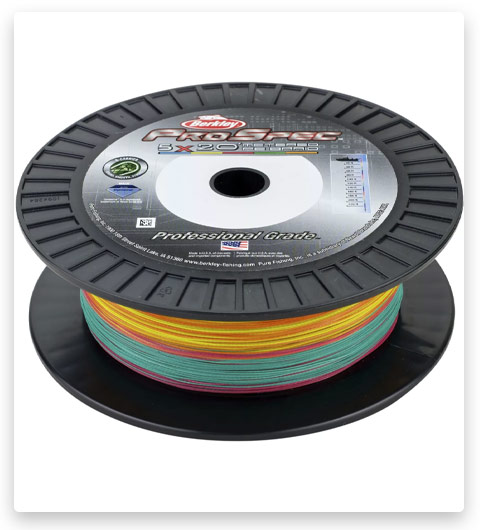
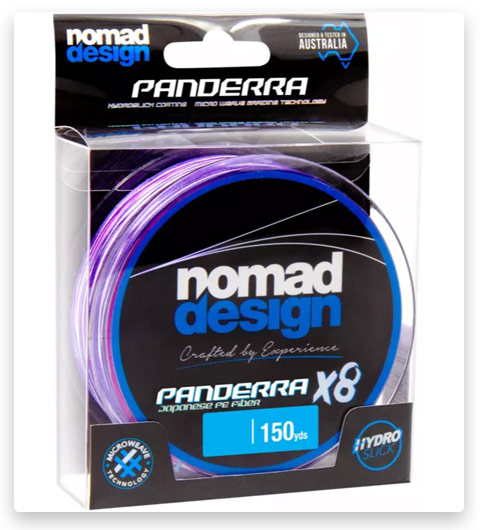
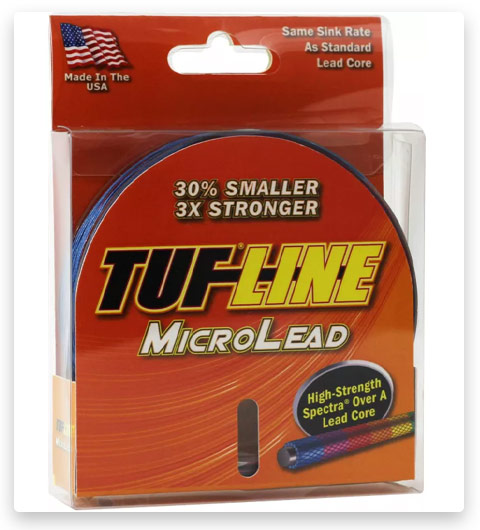
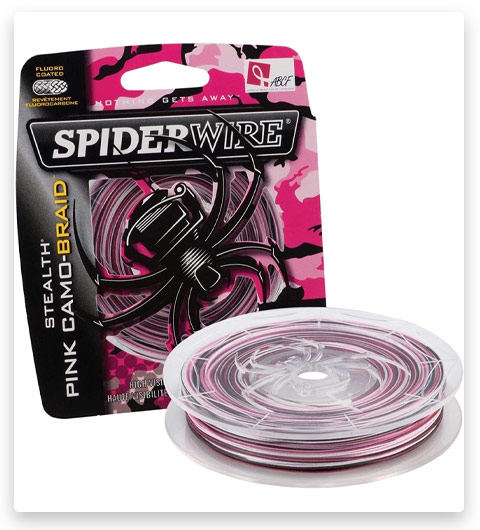
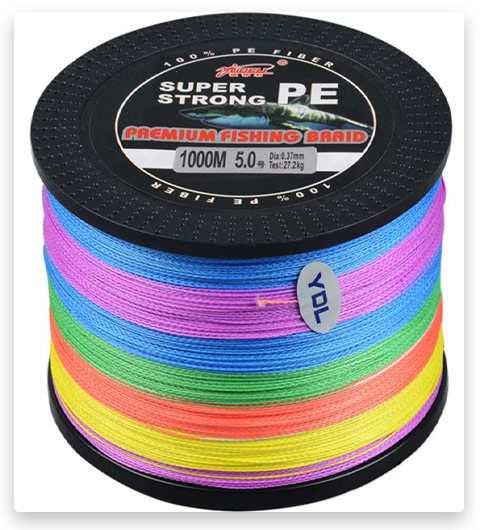
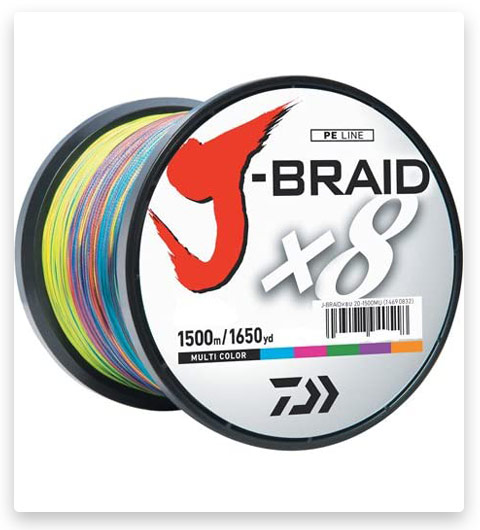
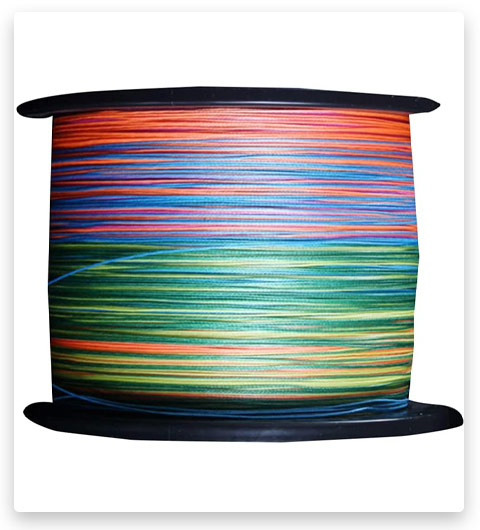
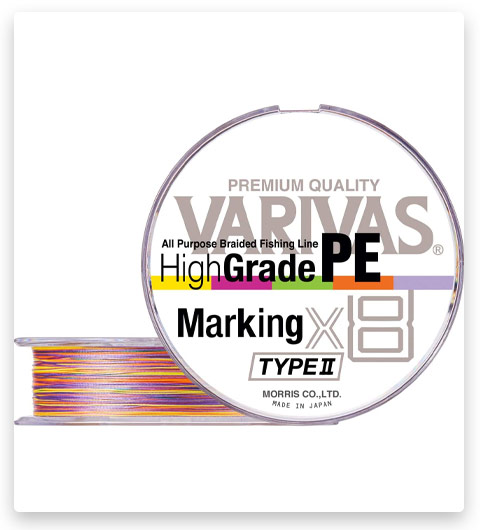
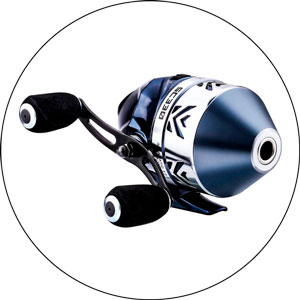
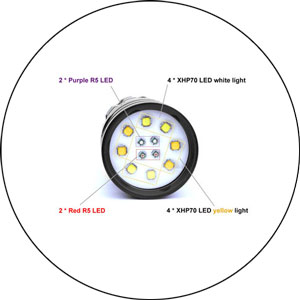
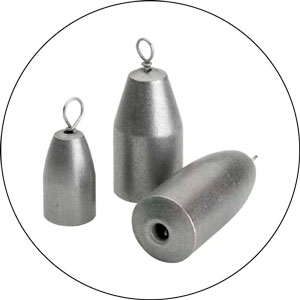
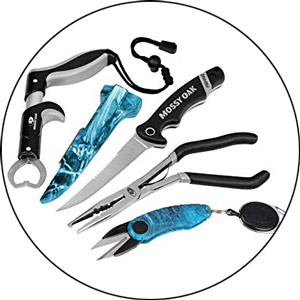
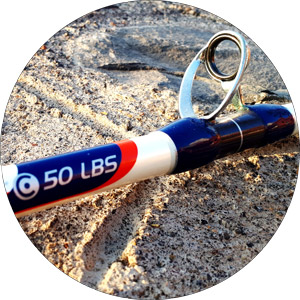
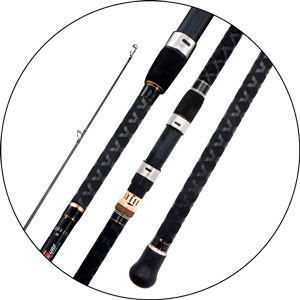
As an angler who has spent countless hours by the water, the details of this article really resonated with me. I appreciated the historical perspective on the evolution of fishing lines, starting from plant fibers and horsehair to the technologically advanced color-braided lines we have today. I have personally experienced the benefits of using color braided lines, particularly in terms of visibility and strength, and I’m excited to see the further innovations the future holds for us fishing enthusiasts.
This is a comprehensive deep dive into the subject of color-braided fishing lines. The writer has done a commendable job of breaking down the complex science behind these lines into easily understandable concepts. I was particularly fascinated by the creation process of these lines and how UHMWPE fibers contribute to their strength and sensitivity. I have used braided lines before, but never gave much thought to the engineering behind it.
As someone who has recently taken up fishing, this article was incredibly informative. The advantages of using color-braided lines seem quite compelling. The fact that they offer zero stretches for increased sensitivity, better visibility, and strength is certainly an upgrade from the traditional lines I’ve been using. I’m looking forward to trying them out on my next fishing trip and seeing if I notice the difference.
Fantastic piece! I was engrossed from the start to the finish. The author’s personal anecdotes about using color braided lines were a nice touch and helped illustrate their practical benefits. As a seasoned angler, I concur that these lines can make a significant difference, especially when fishing in challenging conditions. Their strength and visibility are definite game-changers!
I love how this article bridges the past, present, and future of fishing lines. It’s interesting to learn how our approach to this integral component of fishing has evolved and adapted over time. The section about the science behind color braided lines was especially enlightening. It’s not just about brighter colors; it’s about using advanced materials and engineering techniques to enhance the fishing experience. As an angler, I appreciate this innovation.